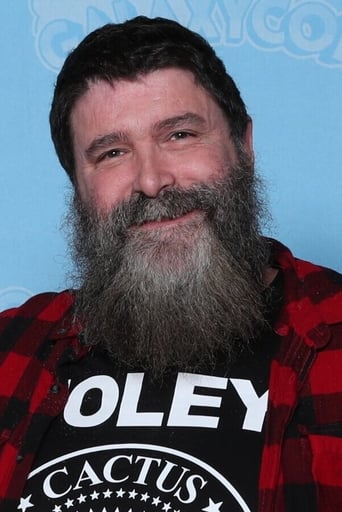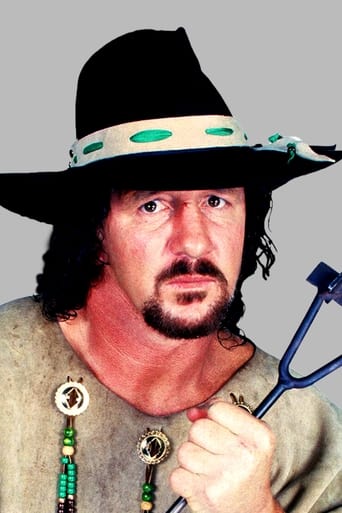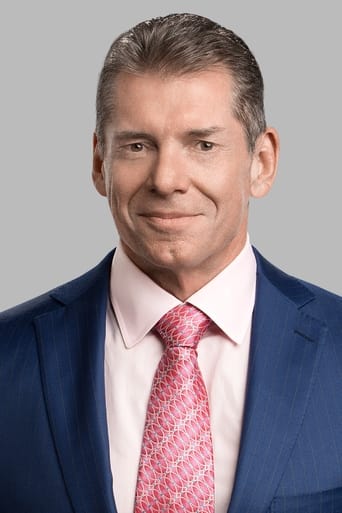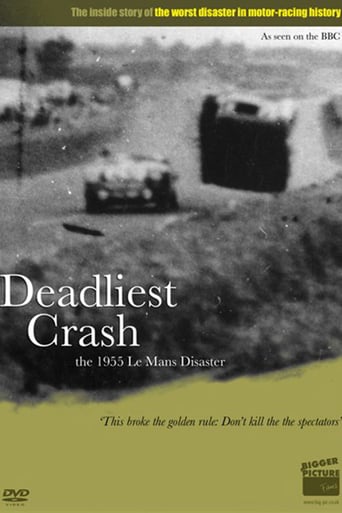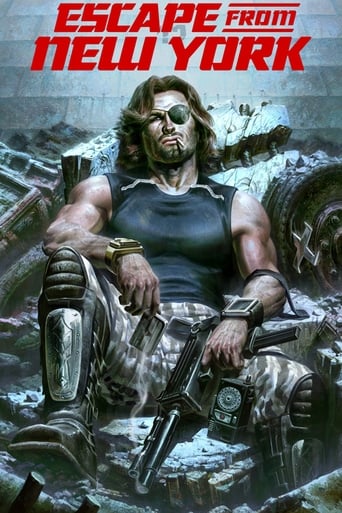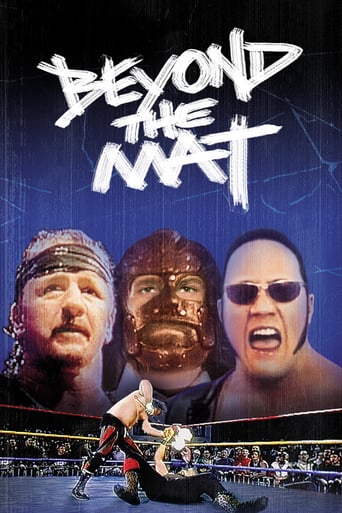
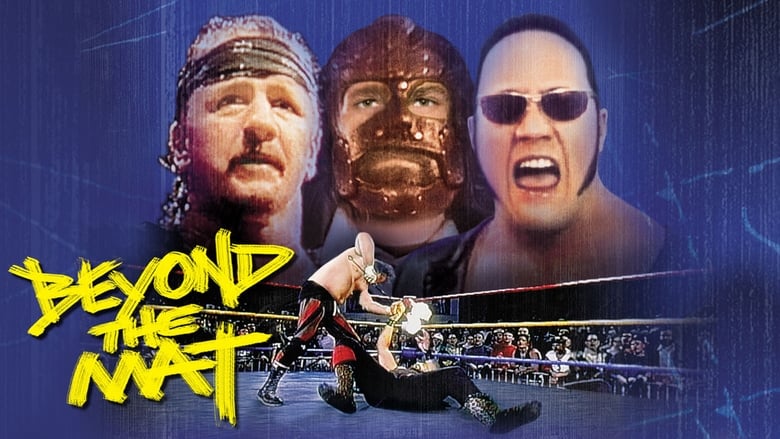
Beyond the Mat (1999)
Beyond the Mat is a 1999 professional wrestling documentary, directed by Barry W. Blaustein. The movie focuses on the lives of professional wrestlers outside of the ring, especially Mick Foley, Terry Funk, and Jake Roberts. The film heavily focuses on the World Wrestling Federation (WWF), often criticizing it and its chairman Vince McMahon. It also follows Extreme Championship Wrestling, it's rise in popularity, and many other independent wrestlers and organisations.
Watch Trailer
Cast
Similar titles
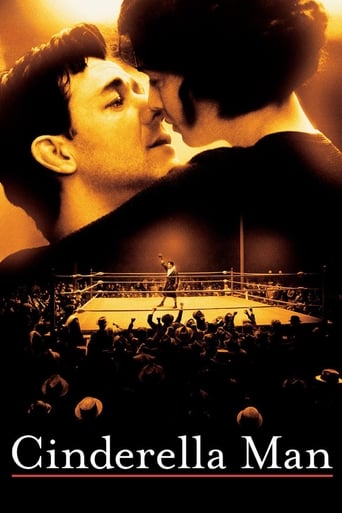
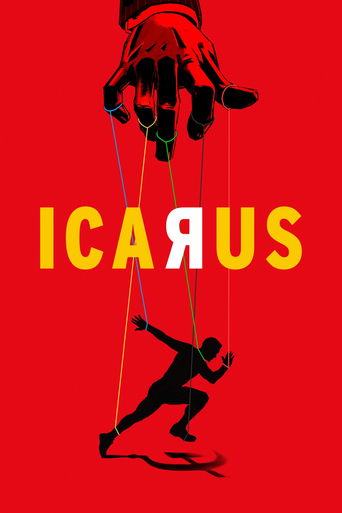
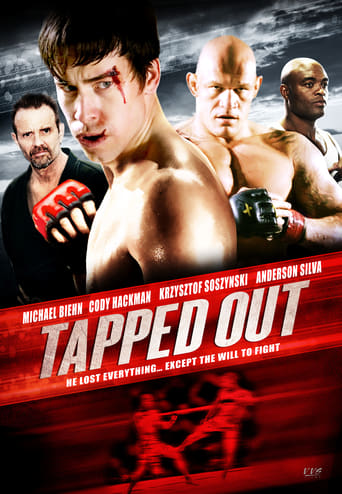

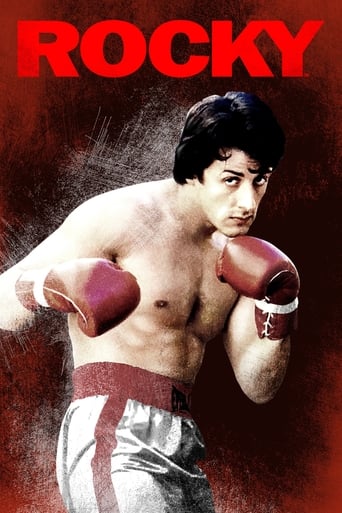
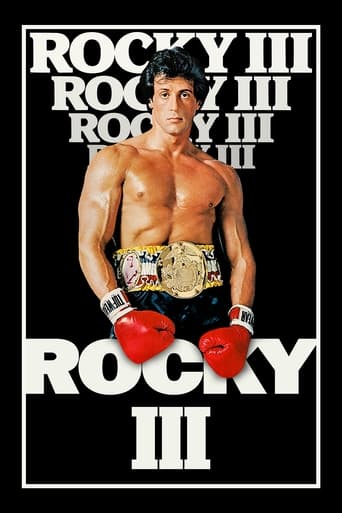
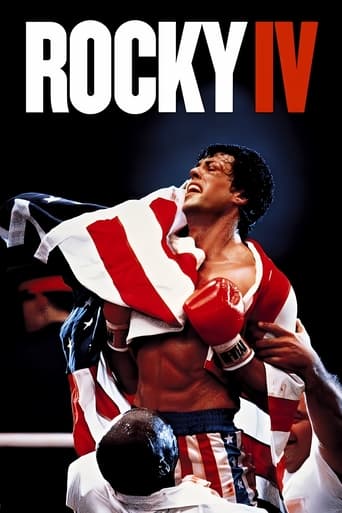
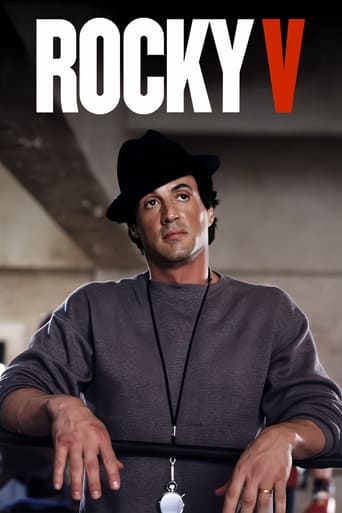
Reviews
Very interesting film. Was caught on the premise when seeing the trailer but unsure as to what the outcome would be for the showing. As it turns out, it was a very good film.
Unshakable, witty and deeply felt, the film will be paying emotional dividends for a long, long time.
It's funny, it's tense, it features two great performances from two actors and the director expertly creates a web of odd tension where you actually don't know what is happening for the majority of the run time.
One of the film's great tricks is that, for a time, you think it will go down a rabbit hole of unrealistic glorification.
I'm a casual wrestling fan, who's more interested in occasionally watching a YouTube clip out of nostalgia then in regularly following the sport. This documentary still was very compelling, though, because it examines some very fascinating and charismatic people. You don't need to know a thing about the business; the narrator himself doesn't refer to the more technical aspects and the doc. doesn't resort to the sports movie cliché of an athlete perfecting a move or style.The focus is primarily on several men who've achieved iconic status in wrestling. Their upbringing, their current status in wrestling, and the way they relate to family, fans, and other wrestlers. Terry Funk gets the lion's share of attention, understandably so since he's a rare example of a wrestler performing capably well into middle age (he was over 50 in the late 90's when this doc. was made). Funk helped pioneer a very gritty style. The fans grew to appreciate his spirit and skill (he and his opponents don't get seriously hurt, an essential part of being a good wrestler is making things look dangerous without getting hurt). Just the same, the years of competing have taken their toll on both Funk's body (a doctor says that he should barely be able to walk) and his family's patience. We're presented with his farewell match, in which he graciously loses to the younger but more famous Bret Hart, only to be told near the documentary's end that Funk found the paycheck, and the fan cheering, too tempting as he made a comeback just 3 months after the B. Hart match.More haunting is Jake the Snake Roberts. An enigmatic figure with an unforgettable gimmick (a python wrapped in a bag, ready to be unleashed on frightened opponents), his drug addiction and obviously stricken psyche have relegated him to the lowest level of wrestling. A performer known more for his personality than his athletic feats, he still can mesmerize a crowd and build a good rapport with his opponent. Out of the ring, he often speaks of the bleak loneliness of life on the road without any kind of steady relationships. We see him struggle through a meeting with his estranged daughter who fears that Jake will never fulfill his fatherly duties. Jake matter of factly relates his shocking background; being conceived in a rape, his sister being murdered, among other things. Will he overcome these things? No way to tell, especially after he goes on a drug binge and the concerned doc. crew can't find him.Amiable and somewhat spaced out, Mick Foley is a rather odd case. A top level performer for the biggest wrestling company (the WWF), his gimmick of being a glutton for punishment has led to the company pushing him harder and harder, eager to excite the fans and boost ratings. Foley himself encourages this push as we see youthful footage of Foley performing stunts. Bearded, missing several teeth, and with a thick mane of curls, he seems much older than he really is. A doting husband and father of several young children, it's quite distressing to watch his family endure a match in which Foley's head is lacerated open. In a post-match haze, Foley and the company boss reassure each other that the fans got what they wanted. Later on, when Foley watches his family's reaction to the match, he admits that for the first time he's concerned about his profession and the way it batters him. Unlike the majority of performers, Foley went on to retire (and stay retired) at a fairly young age. Several successful auto-biographical books helped him do it.We see shorter segments on other, less notable performers. A black wrestler named New Jack, with obvious tattoos and scars, who brags about being violent, goes to a Hollywood casting agency. We see him reciting a script with a male agent. Said agent enthusiastically praises New Jack. A woman agent is more grounded, saying that New Jack might be better cast as a "best friend" type. Well, have you seen New Jack in any big movies lately? A performer is signed by the WWF and given the gimmick of "puke", who is slated to be promoted based on his ability to vomit. Ultimately this didn't really go anywhere but the performer did go on to have moderate success as "Droz" (an abbreviation of his real name). Liked by his peers, his career was cut short after being paralyzed by a clumsy performer.Another study is two products of a California wrestling school which puts on amateurish shows. These two fellows are invited to perform and be evaluated at a WWF show. One is a soft spoken, rather thin and young black wrestler. He's told by the WWF to upgrade his build and get a better costume. The other wrestler, a very muscular and older white guy who is an airline mechanic when not pursuing his dream, fares better. The WWF and the crowd likes his aggressive attitude and technical skill. We're not told if the WWF ever signed either one, leaving us with uncertainty as is often the case in wrestling. The wrestling school manager tells students upfront that pay is minimal outside of the biggest promotions and few ever make it big.After examining the ups and downs of the business, the director, a life-long fan of wrestling, admits that he's still drawn to the spectacle but still can't explain why. Perhaps it's the sincere admiration that both crowds and performers have for the best competitors. The backstage footage of wrestler camaraderie and of the efforts put into shows by so many down to the crews that put rings together, string up the lights and speakers, and choreograph and evaluate the way that wrestlers are used are a testament to a thankless profession.
Adult professional wrestling fans aren't stupid, we know wrestling is fake and the outcomes are pre-determined. What none fans don't realize is why we like it. It's the drama, the pageantry, the cheesy stories, the costumes, and most of all the action. Yes, it's pre-determined and choreographed, but you still need to be charismatic and athletic, and night after night these guys put their bodies on the line just for our entertainment. People have been killed and paralyzed doing this, so to anyone who says it's not real and takes no skill, I point to this documentary. Beyond The Mat looks into the lives of these guys outside the ring and show the ancient Terry Funk, whose body has been ravaged from years in the ring. He can barely walk anymore, but still has to get in there and has to do this because it's all he knows and what he loves. Jake "The Snake" Roberts is also featured and he talks about how eight years on the road with WWE and how it made him a neglectful father, a bad husband, and a drug addict. Roberts says between the pain and the constant moving around he could never have done it without drugs! Finally, they look at Mick Foley AKA Mankind, Dude Love, Cactus Jack and show how he's this normal family man and while his family knows it's for show, how much they worry. In the last 30 years, hundreds of pro-wrestlers have died under the age of 45, most of them due to the physical trauma they've put their bodies through or the dependence on drugs that has resulted from it. If those were NFL or MLB stars instead, there would be massive reform and congressional intervention, but the truth is no one cares about these guys, except of course their families, friends, and fans. Beyond The Mat is important because it shows just what these guys put on the line and just how little the people at the top care.
You've got to wonder about wrestlers. They're always on the road, they're always carrying knocks and injuries, they don't get paid much (except the few at the absolute top), they get no respect from the public at large, they don't actually compete in the legitimate sense of the word and the vast majority of them are quickly forgotten. Yet nearly all of the wrestlers in Beyond the Mat continue to seek the spotlight. Why? I guess Terry Funk sums it up best: "It's fun."However, it's a strange type of fun. After all, I'm not sure that most people would class being hit over the head with steel chairs as 'fun'. Nor would most people relish the thought of being thrown off a steel cage. But as the film points out, wrestlers are hardly normal. At the same time, though, they're still people. They have the same problems as all of us. It's just that they earn their living by running around in spandex and by beating the crap out of one another.Of all the different strands in Beyond the Mat, I like the Terry Funk section the most. It just shows how bizarre wrestling is. Here you have a man in his fifties who has degenerative arthritis and who wakes up in the morning, like many old men, in his y-fronts. Yet in the ring he's a bloodthirsty maniac. But at the same time he's a loving father who cries at his daughter's wedding and he has an excellent rapport with the man who he has his most brutal matches with. As dim-witted as wrestling is, nothing out of the ring is simple.And the Funk section illustrates the problem that most wrestler face: they can't give up the spotlight. I mean, just take one of Funk's friends, Dennis Stamp. He hasn't wrestled in years but he still trains (by jumping up and down on a trampoline in his underwear) in the vain hope of getting another match. And when he's finally made the referee in Funk's 'retirement' match, he's beside himself with excitement at the prospect of being part of the main event. It seems like when you don't get paid much, when you're forced to do lousy jobs and when no one really knows who you are, the only compensation for such a depressing existence is a few cheers.But although the film touches upon the dark side of wrestling, it's quite touching seeing Funk trying to persuade his friend Stamp to be part of his match. The man may be vicious in the ring, but outside it he's warm-hearted. And I like the way that when he persuades his friend to be part of his match, and when he walks away, he nearly trips over. Despite everything, he's just a lovable old guy. However, I also like the scene because Stamp is such a fool. He's so desperate to be someone and so desperate to be recognised, that he cuts a promo when he's explaining why he can't make the event ("I'm not booked!). It's as if reality and wrestling are blurred. He can't tell them apart.Another wrestler who's been messed up by the business is Jake Roberts. He doesn't get on with his daughter and he's forced to pay for his drug habit by wrestling in fourth-rate events in backwater towns. He's even filmed urinating into a bucket and then falling asleep backstage. It really does give a depressing picture of what it is to be a professional wrestler your existence revolves around the road, run down hotels and small towns. No wonder so many of them are screwed up. But Roberts has even more reason to be screwed up than most. He's the product of a rape and his sister was kidnapped and murdered. And he has a terrible relationship with his father. They can barely look at one another. There's no connection there at all. And it's quite shocking hearing Roberts describe how he gave up his dreams just to shove wrestling down his father's throat (his dad was a wrestler and Robert's resolved to be better than him). Suddenly you can see why Robert's created such a compelling character. He was just drawing on his own life. Again reality and wrestling is blurred.Perhaps the only one in the film that has a decent handle on things is Mick Foley. He has a clear plan (he wants to retire by the age of 35) and he has a solid family to support him. Somehow you know that he's going to be fine. Not that there aren't a few bumps on the way. In one scene he's forced to watch footage of his wife and kids screaming when he's repeatedly hit over the head with a steel chair. It's a real wake-up call. I mean, as entertaining as it is for sadistic bastards like myself, you just can't make you family endure that time after time. But it's his family that will keep Foley on the straight and narrow. However, for the other wrestlers who don't have stable personal lives, they'll have to seek love in cheers and applause. It seems like wrestling is a drug that most wrestlers can't crack.Not that a few don't try. There's an amusing scene when a wrestler called New Jack, who has four justifiable homicides, auditions for a Hollywood casting agent. The people there are slimy beyond belief. They make the carnies in wrestling look honest in comparison.But why the film succeeds so emphatically is because everything is just presented as it is. No judgements are made and nobody is looked down upon. Yeah, wrestling may be something on the fringes of society, but the film shows that as weird as it is, the people aren't really that weird after all. They're just people with the same problems we all have.
Yes, that's the title to the second Mick Foley book, but it also does a good job of summarizing this wonderful documentary. This movie shows wrestling for the dangerous and addictive sport it is and that people seem to forget because the endings are predetermined. If you can watch the scenes where Foley is repeatedly hit in the head in front of his wife with a chair and then try and talk about how fake the sport is. Look at the life of Jake Roberts and say that there isn't something inherently messed up. Though it depicts horrible acts of violence and drug use, but this movie is more shocking in the damage people in this sport do to themselves in pursuit of this "fake" sport with so little respect for themselves. A chilling and wonderful documentary.
